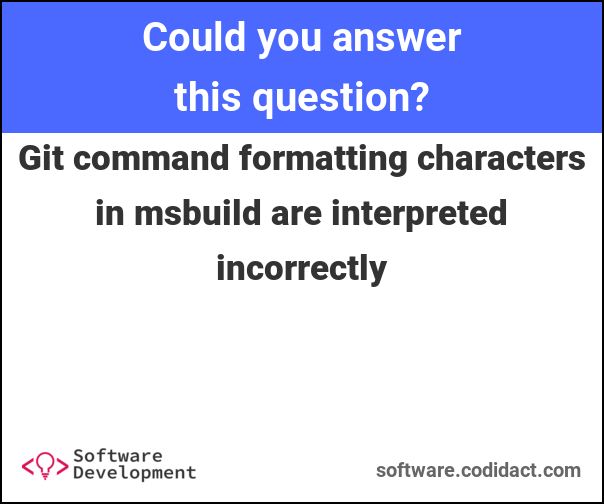General copyright - How much is actually copyrighted?
I find myself seeking a lot of ideas for my alternate universes, novels, short stories, and so forth.
Exactly what can be considered copyrighted, and what isn't?
Let me give you some examples.
Star Trek: I know the name "Star Trek" is copyrighted. I am guessing that things like "Enterprise" is as well, and perhaps other ship names. I am also guessing the names of the different races are also copywrighted? But what about things like... "Warp Drive", "Slipstream mode", planet names, technology names, and so forth?
Same with any other fiction. I know that from fantasy: Elves, Necromancer, Dwarves... all of these fantasy terms. They are all open copyright. I can use them in stories, novels, short stories, world creation and so forth.
Bottom line, is I am trying to find out a good way to tell what exactly is copyrighted, and what exactly isn't. What I can use freely, and what requires permission.
This post was sourced from https://writers.stackexchange.com/q/17350. It is licensed under CC BY-SA 3.0.
2 answers
Instead of wasting your time trying to understand how much you can take from other works and get away with it, you might want to rather invest that time into coming up with your own ideas and fleshing them out.
Every idea anyone has ever had on this Earth is influences by everything that the person having that idea has read, seen and experienced. So, in essence, there are no completely new ideas, and trying to be totally original is a waste of energy and would result in uninteresing, because unrelated to anyting, stuff anyway.
So just relax and allow those influences to feed your imagination, but then turn away from them and look into yourself and create something from the core of your being, instead of constantly turning back to your sources and copying them.
Most beginners feel that they want to write another Star Wars or Lord of the Rings, because they can so clearly see the shortcomings of their own creations. But that should not hinder you, instead you need to understand that writing a masterwork needs the writing of many failed works to come before it. You don't learn to walk without falling countless times, and you would never learn to walk if you tried to emulate a dancer instead of trying to crawl first. Writing is like any other ability, it needs a modest beginning, a lot of training, and patience and perseverance. If you approach writing like you have approached walking (and speaking and whatever else you have mastered in your life), you'll find that you'll outgrow the direct and visible influences of your favourite works and begin to create something original.
So forget this question, and write.
This post was sourced from https://writers.stackexchange.com/a/17362. It is licensed under CC BY-SA 3.0.
0 comment threads
You may have to research your specific term to see how far back it goes and if you can find the first or earliest instance(s). Depending on what you're looking for, you may have to go to physical libraries rather than just the Internet.
Star Trek is obviously a TV show, so the origin can be easily pinpointed. Most of the proper names on the show you can also consider copyrighted. Planet names may or may not; you'd have to look them up. Elves, dwarves, et al. are mythology, but Tolkien's specific interpretation and history of his Middle-Earth elves are copyrighted.
As far as published works in general, in the U.S. the rule of thumb is 75 years after first publication, but some authors/estates renew this copyright, so it's not an ironclad rule. As an example, any Sherlock Holmes stories written before 1923 are public domain (not copyrighted) but those after 1923 are not.





















0 comment threads